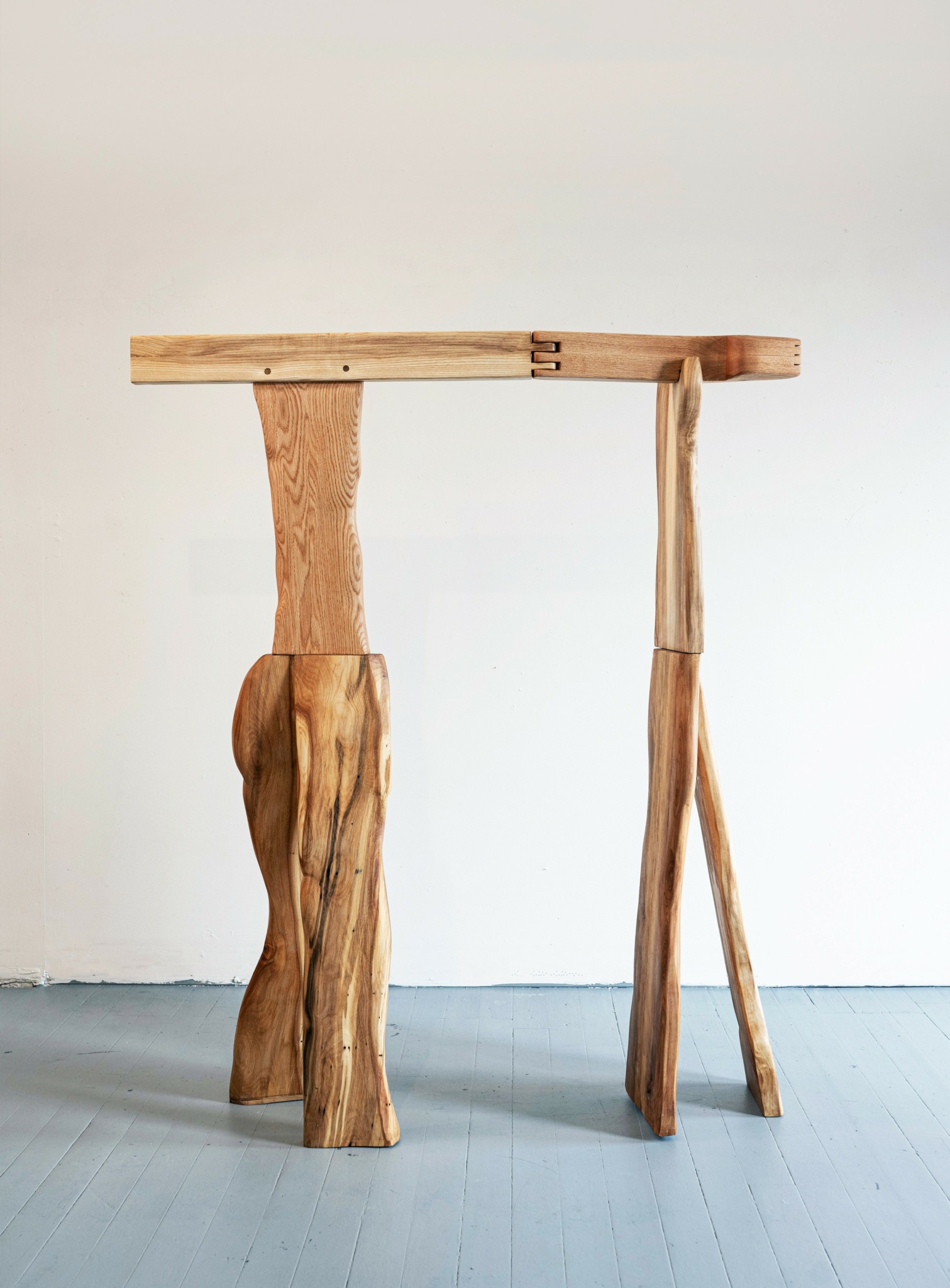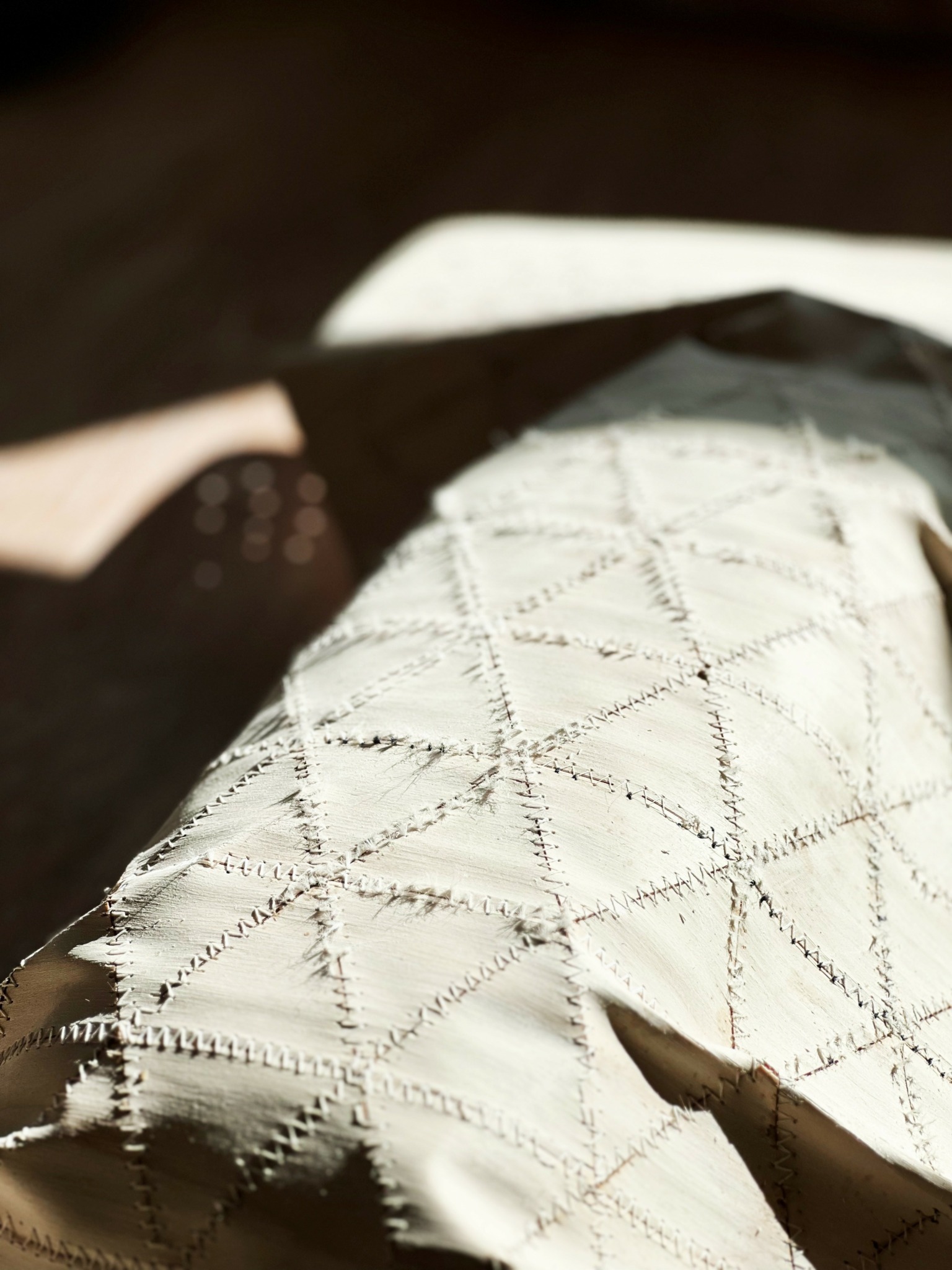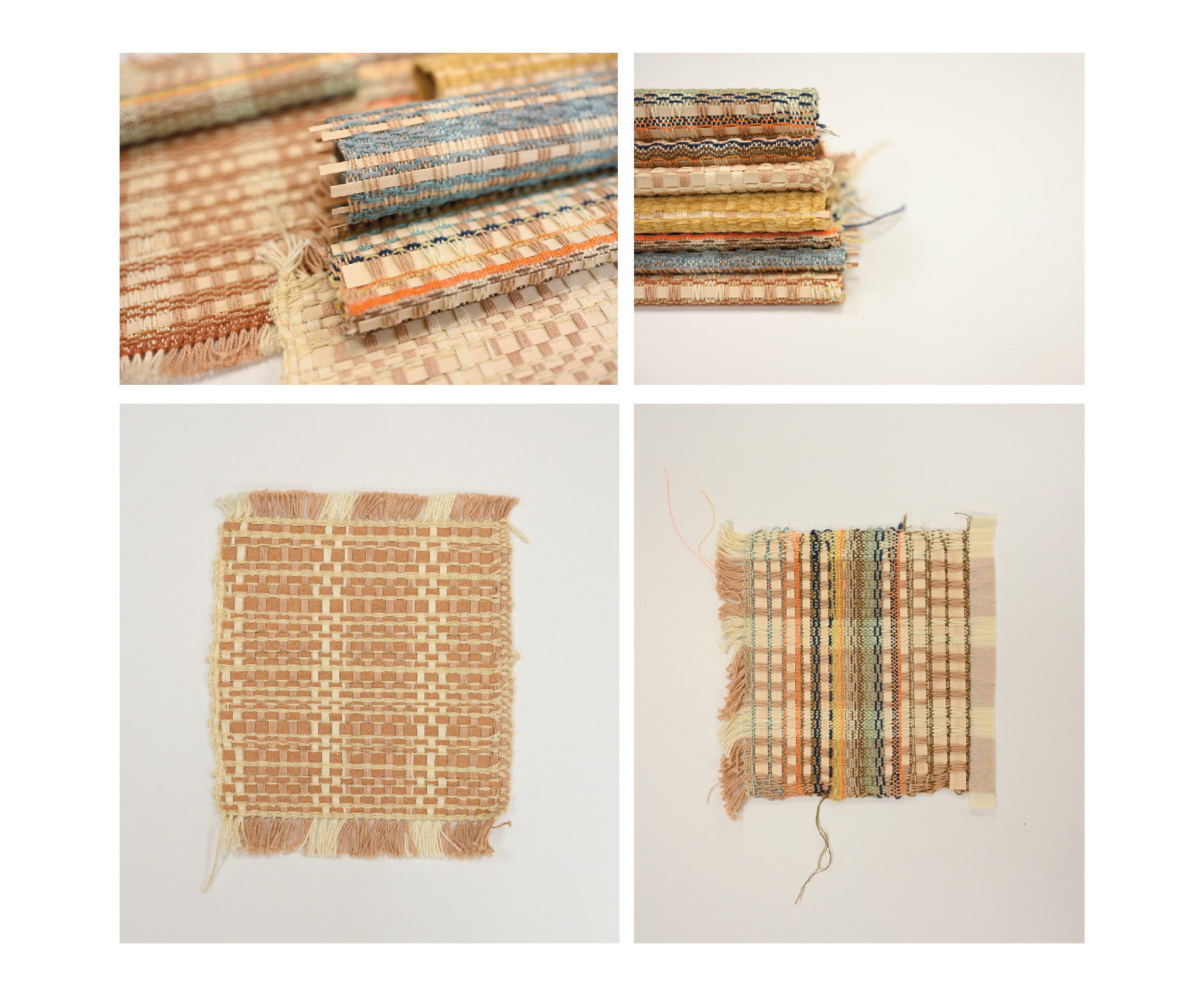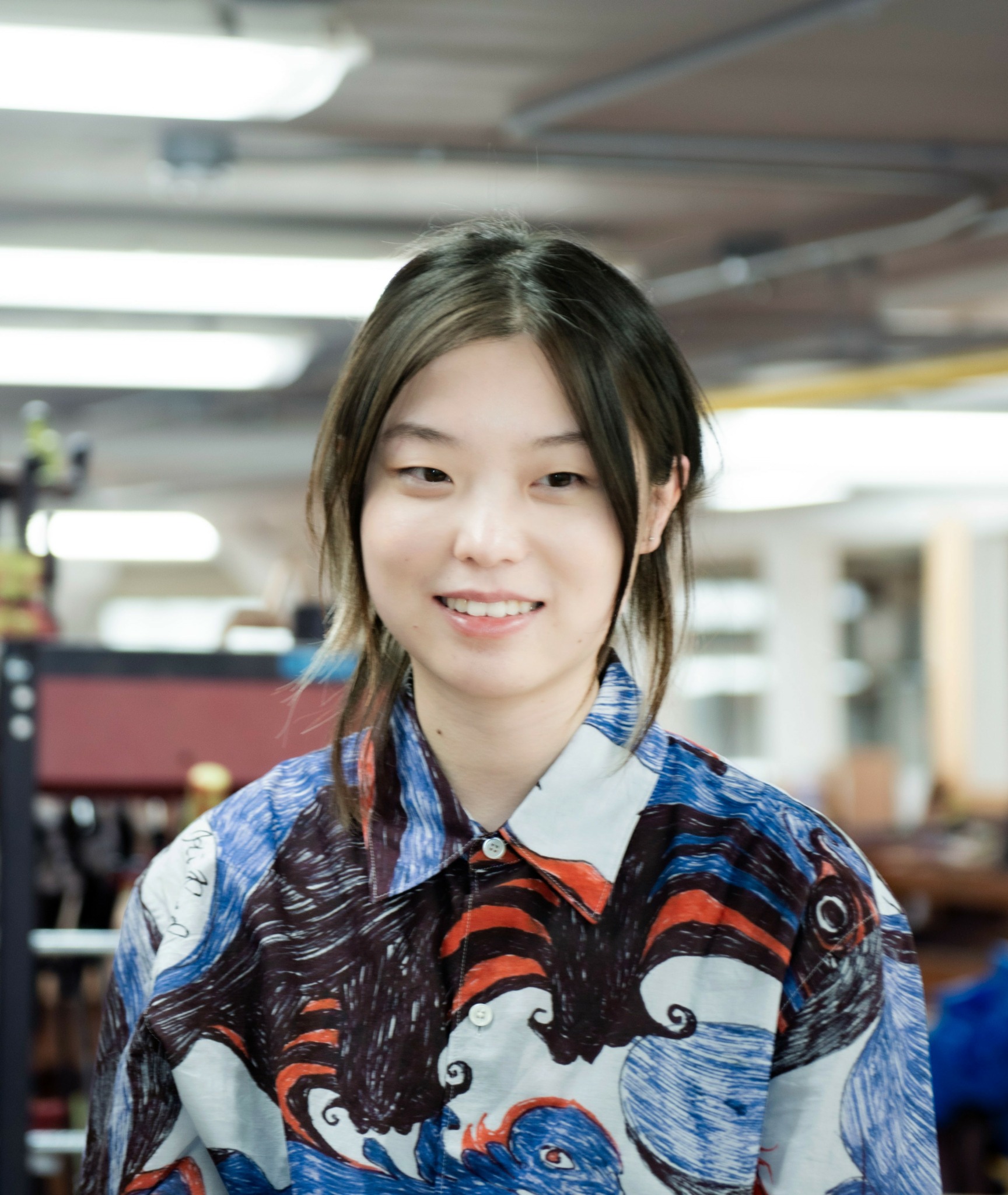Alright – so today we’ve got the honor of introducing you to Kewei Zhao. We think you’ll enjoy our conversation, we’ve shared it below.
Kewei, appreciate you joining us today. Any advice for creating a more inclusive workplace?
For many people, art and design feel like distant or unfamiliar concepts—but they shouldn’t be. No matter which industry your work is, creativity plays a vital role in expressing ourselves. Whether it’s solving problems, writing, planning, or making thoughtful choices, design and creativity is about offering new perspectives, and bringing value to society. In that sense, we are all creators.
Without creativity, life loses its sense of purpose. Yet, in today’s world, creativity is often overlooked, and there are few opportunities for people to explore and develop their creative potential. It has become something reserved for a select few, rather than a fundamental part of daily life. Many people feel their work is insignificant, that they are just another replaceable part in the machine. This mindset leads to a loss of motivation, emotional detachment, and an overall decline in our sense of purpose.
Even in design—a field built on creative thinking—this same issue exists. It’s not a lack of creativity that holds designers back, but rather the absence of platforms that allow their ideas to flourish. The real solution lies in fostering an environment where creativity is actively supported. I believe we need to expand the design community, connecting professionals from various industries into a collaborative network. If individuals with innovative ideas could easily access brands and manufacturers willing to collaborate, more meaningful and impactful products could come to life. Right now, bringing a product to market is an incredibly challenging process, with obstacles at every turn. However, these challenges are less about production limitations and more about inefficiencies in communication and resource sharing. This is a major loss of creative potential.
That’s why I hope to see creativity and design recognized and valued more widely. The act of creating isn’t just about making things—it’s about finding fulfillment, discovering purpose, and contributing to the world in a meaningful way. People realize their own value by creating something that benefits others. I truly believe that fostering creativity is not just good for individuals—it has the power to positively shape society as a whole.
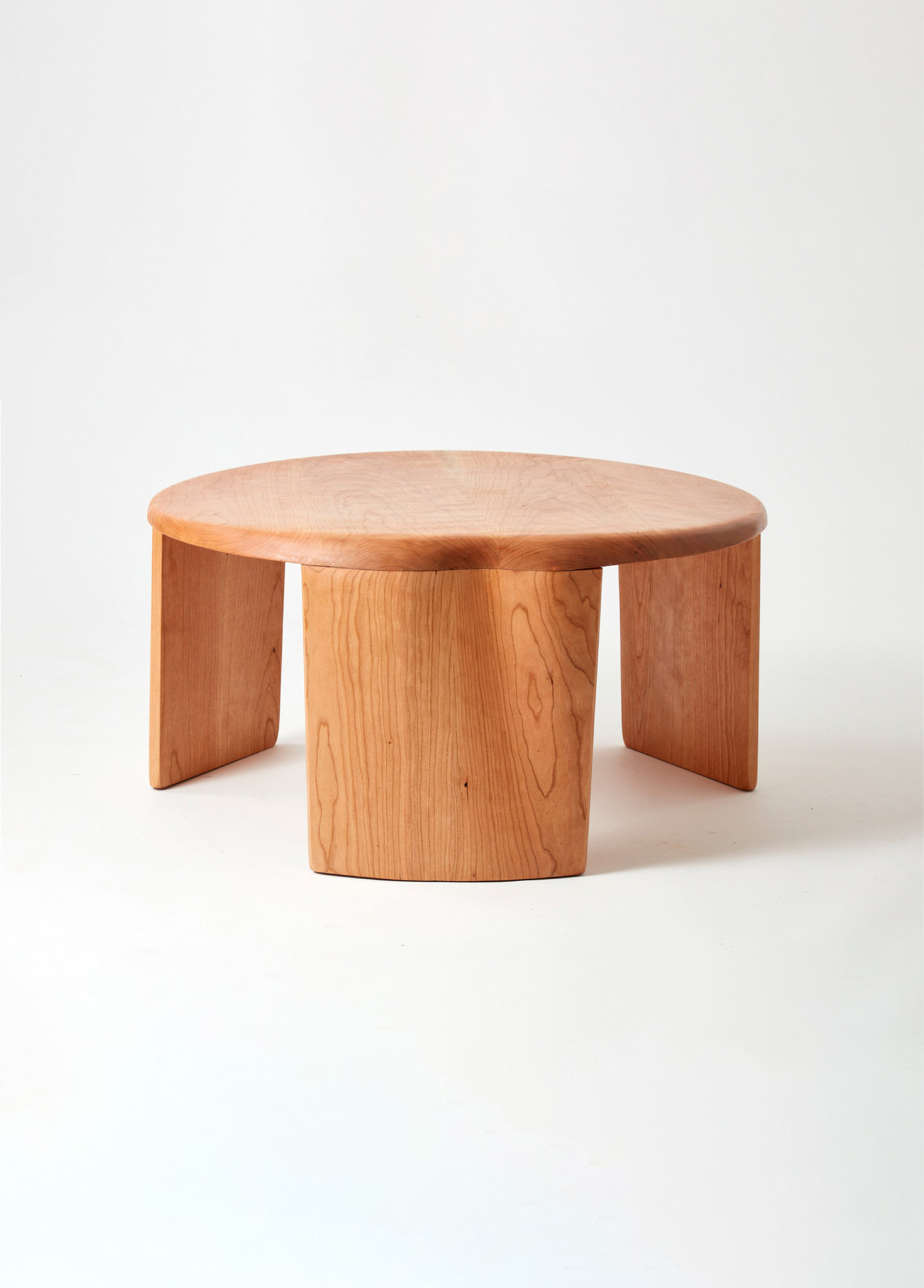
As always, we appreciate you sharing your insights and we’ve got a few more questions for you, but before we get to all of that can you take a minute to introduce yourself and give our readers some of your back background and context?
I have always had a deep passion for painting and design. At the age of 12, I decided to pursue industrial design, a path I have never strayed from. I studied industrial design at the China Academy of Art and later, driven by my interest in everyday objects, pursued a master’s degree in furniture design at the Rhode Island School of Design. After graduating, I founded my own furniture studio — ZKW Studio, where I have extensively experimented with and innovated the use of veneer in furniture-making. My love for painting has also influenced my work, leading me to create pieces that blend sculptural and artistic elements with functional design.
A relentless pursuit of innovation defines my approach to furniture design. Whether through form or material, I am always exploring new ways to present my ideas, sharing my excitement for discovery with others. Nature has a profound impact on my creative vision, which is why my designs often feature organic elements and elegant, flowing curves. I meticulously refine every angle and detail, holding my work to the highest standards of form and craftsmanship. Through my works of furniture, I hope to bring the tranquility of wandering through nature and find the little harmony in deep down your mind.
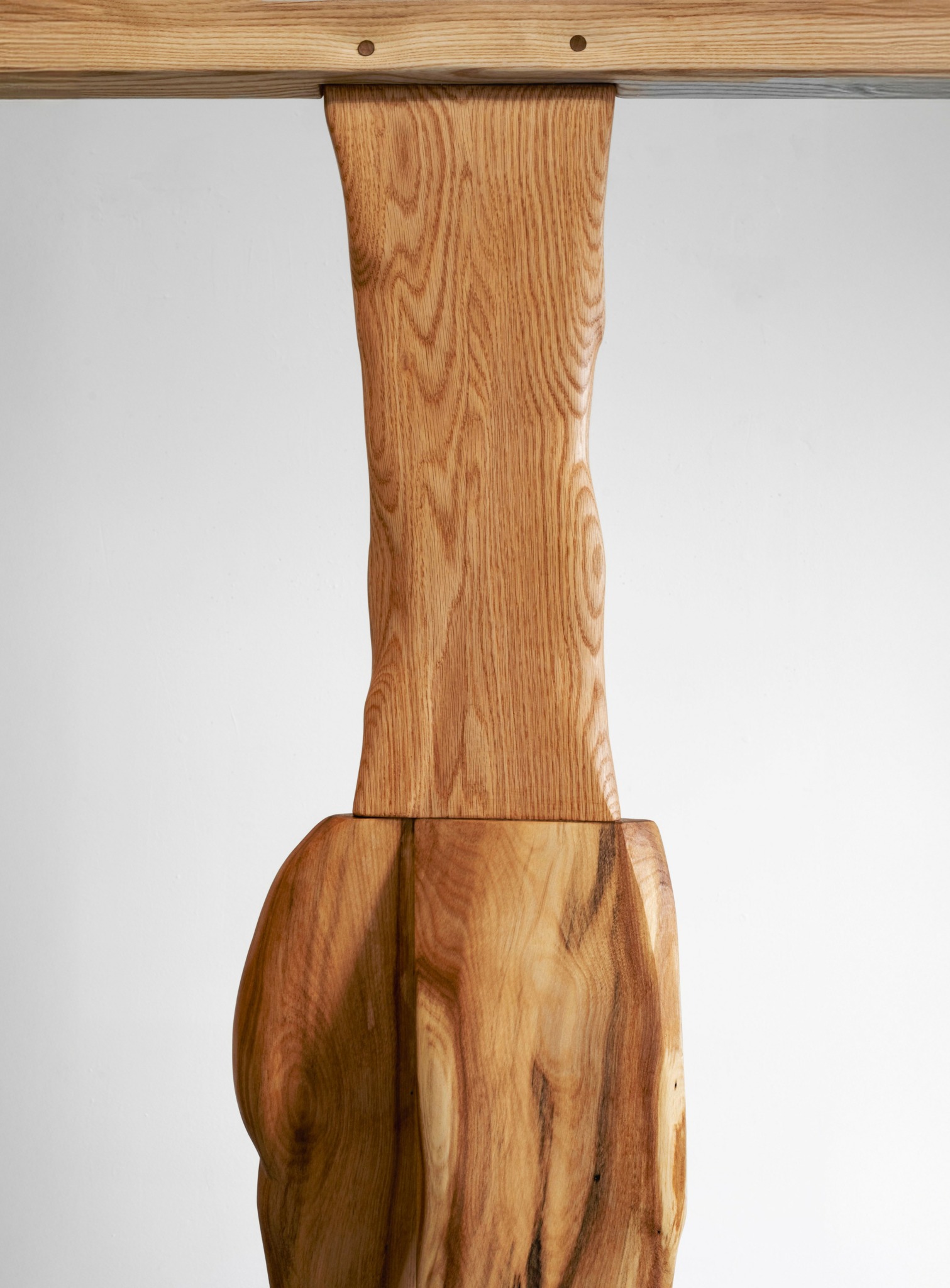
Do you think there is something that non-creatives might struggle to understand about your journey as a creative? Maybe you can shed some light?
Home, furniture, and everyday life are deeply interconnected—the same as objects, designers, and users share a profound relationship. I believe that the things we use continuously shape our awareness and perception. A well-designed piece is more than just an object of aesthetic value; it becomes a part of us. When we value the things we interact with, they, in turn, influence our behaviors and thoughts.
Every creation once was a piece of its maker, and when it enters the eyes of the user, it becomes part of their experience. Observing an artwork or a thoughtfully designed object can serve as a spark—an unconscious trigger that, at some point, leads to new discoveries, inspiration, and a deeper awareness of the objects around us and the ideas embedded within them. They are always speaking to us. This is where creativity begins.
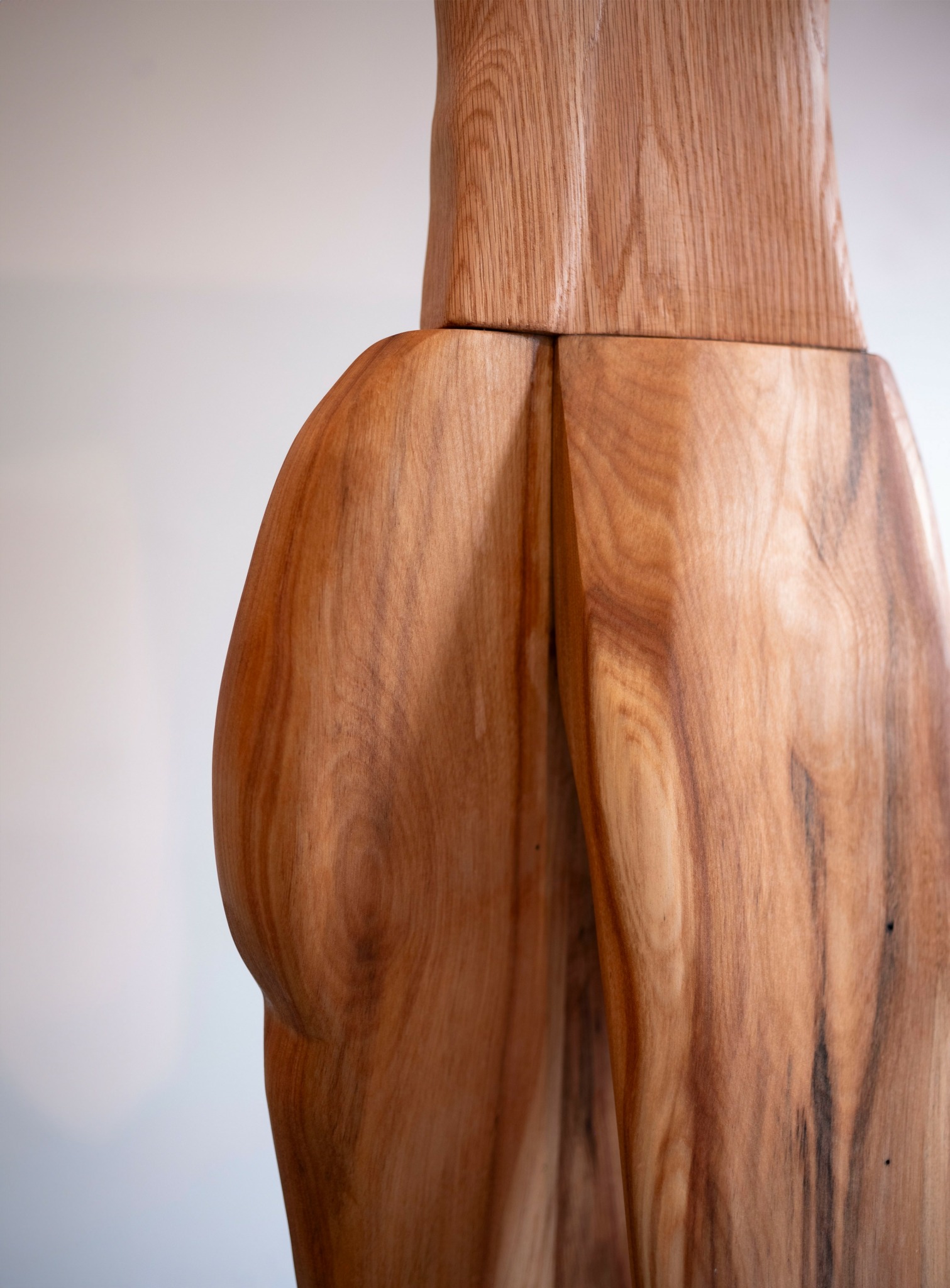
Are there any books, videos or other content that you feel have meaningfully impacted your thinking?
The book Speculative Everything has profoundly shaped my understanding of design’s role in society and inspired me to explore how design can create positive change. It is an essential read for anyone interested in design. Authors Dunne & Raby introduce a framework of 22 design concepts ( A/B ) that have become a fundamental part of modern design education.
I highly recommend this book to everyone, not just designers. It has the power to shift your perspective on everyday life in an instant. While many of the projects featured in the book are conceptual, they are all rooted in reality—offering new societal models or reflections on ways of living. The key takeaway for me is that the possibilities for innovation and even the power to change the society are limitless—but they are often hidden beneath somewhere rather than floating in plain sight. That’s why I never believe that everything has been done before or that we can’t envision a better society. Instead, I see this as a matter of whether being able to run multiple experiments until the real question come to the ground. This mindset also defines my approach to my career in design.
Contact Info:
- Website: http://www.keweizhao.com
- Instagram: https://www.instagram.com/kewei_and_i/
